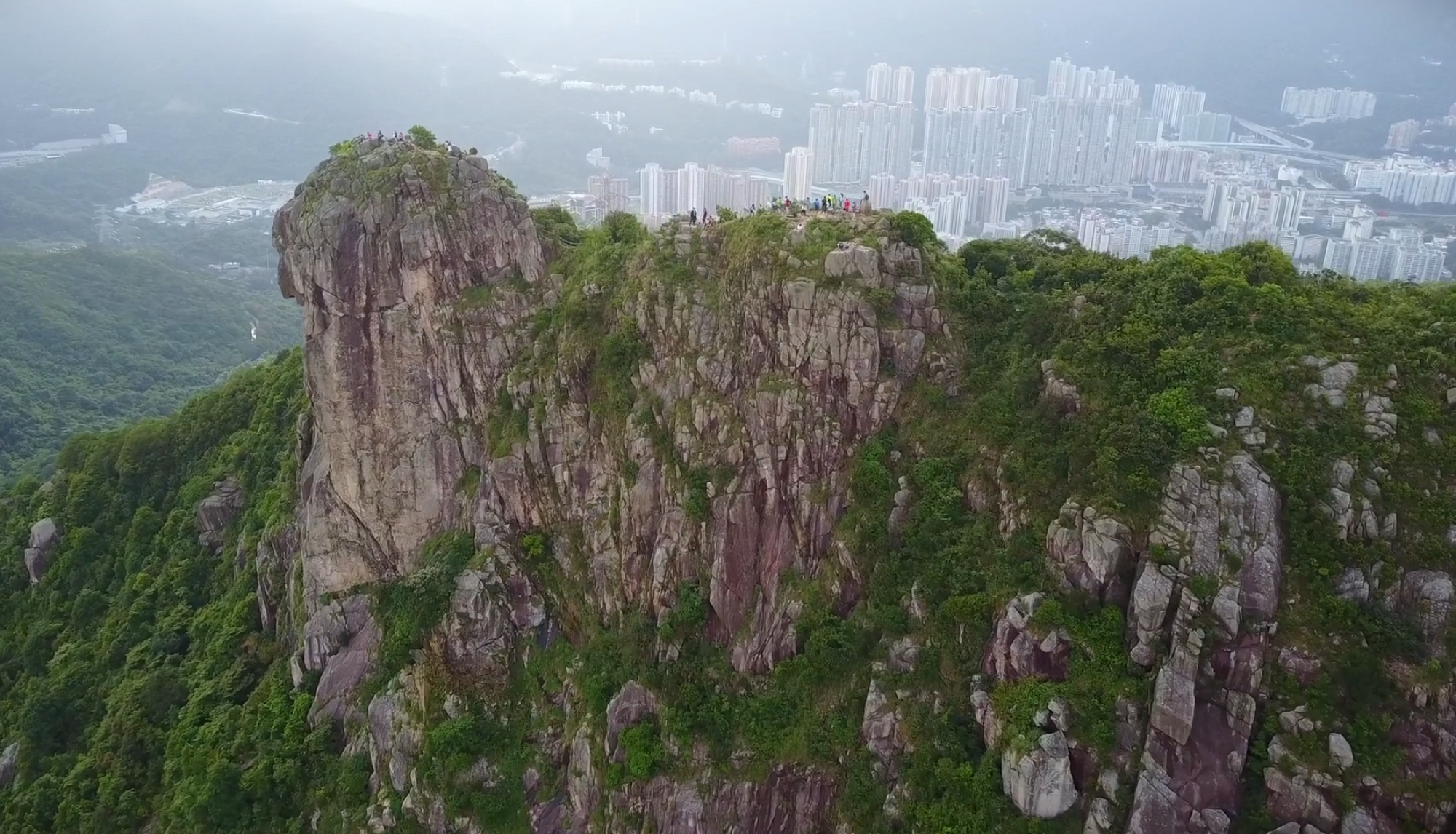In our present time, we now see the birth of a new “Hong Kong Canadian” identity from the ashes of a now-dead Cantonese-dominated “Chinese Canadian” identity.
Creator:
Aidan Lai 黎至正 (he/him)
One of the most elusive acts we can do as diaspora is defining our cultural identity – we have to look backwards into history and around us in the present to figure out the numerous alternatives from which we can choose. And when many alternatives are inherently political and controversial, deciding on alternatives becomes extremely problematic and difficult. In the case of Aidan’s work, he takes this problem to another level by proposing a future-oriented perspective of cultural identity. In thinking about what is a “Hong Kong Canadian,” we can look to the migration history of people from Hong Kong to Canada. We can also see how the current group of Hong Kong migrants have shaped the existing definition of Hong Kong Canadians. How can we think about a new and future definition of Hong Kong Canadians by thinking about who future generations of Hong Kong migrants will be, and what the future generations of Hong Kong migrants will be like?
